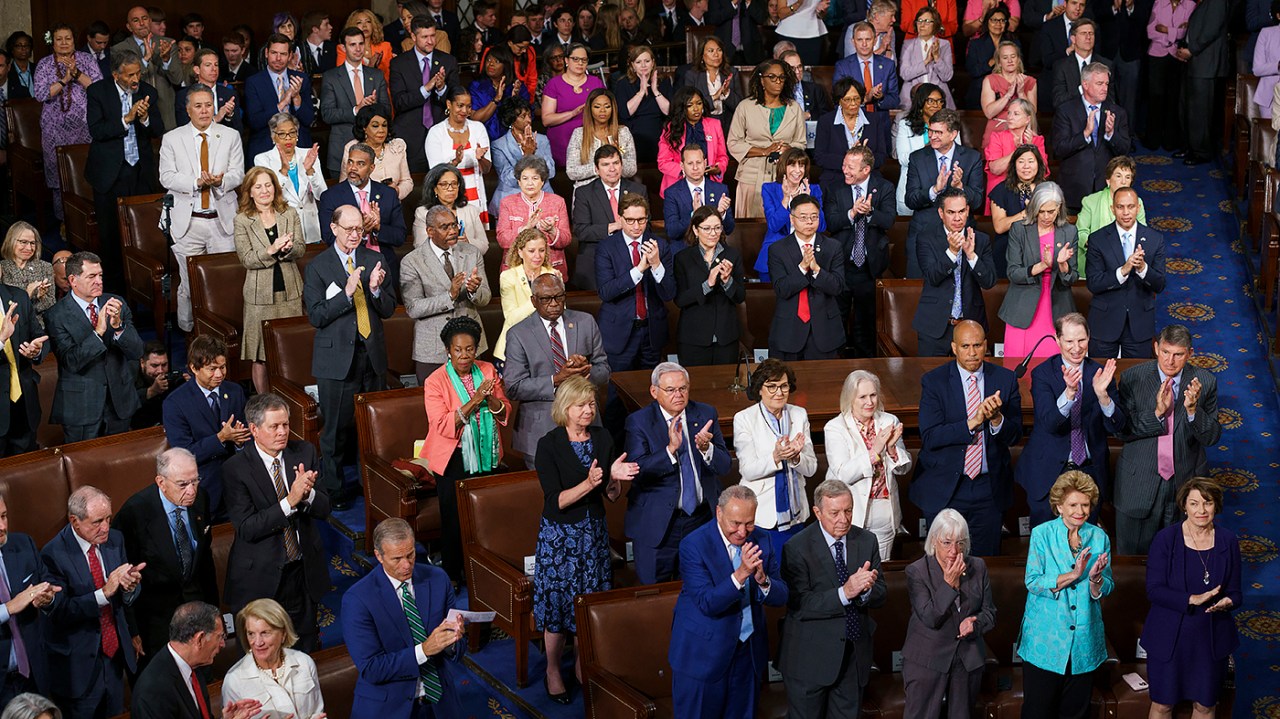The public has increasingly soured on Congress — and now, some House lawmakers are starting to agree.
With legislating all but brought to a halt and partisanship at an alarming high, members of Congress in both parties are running for the exits, opting out of another term on Capitol Hill to vie for higher office or, in some cases, leave politics altogether.
It is a trend that skyrocketed in recent months — amid a tumultuous 10-week stretch on Capitol Hill — and one that is likely to continue through the end of this year, highlighting the challenges of navigating a polarized, and oftentimes chaotic, era of Congress.
“Right now, Washington, D.C. is broken,” Rep. Debbie Lesko (R-Ariz.) said in a statement when announcing that she would not run for reelection. “[I]t is hard to get anything done.”



Don’t we basically use this process for juries?
Even that’s not purely random. Voir dire is a process to ensure the jury is selected intentionally by prosecution and defense attorneys (ideally to have an unbiased and effective jury).
Granted, but it’s miles away from having professional narcissists who campaign and accept lobbying money to be full time jurors for 30 years.
There’s lots of problems with the current system, I agree, but unless we can have a body of people who can act as national fiduciaries to “voir dire” the randomly selected politicians, I don’t see how it would offer any improvements over the current system.
It would get money out of the initial political process, but it wouldn’t necessarily create substantively better lawmakers.